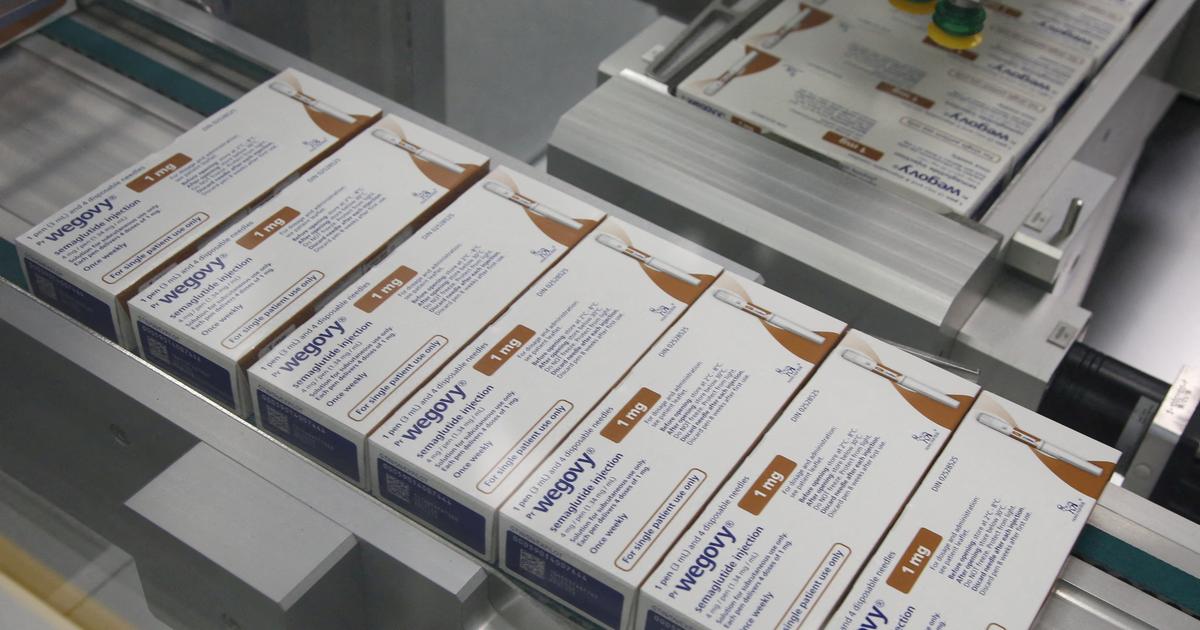- Click to share on Facebook (Opens in a new window)
- Click to share on Twitter (Opens in a new window)
- Click here to share on LinkedIn (Opens in a new window)
- Click to email a friend (Opens in a new window)
(CNN) - Do you suffer from insomnia? According to a new study published on Wednesday, you may be more likely to have a heart attack or stroke or develop heart disease.
“This is probably one of the largest studies that have been published so far on the connection between insomnia and cardiovascular risk,” said Harvard professor and neurologist, Dr. Natalia Rost, head of the Hospital's stroke stroke division. Massachusetts General in Boston.
"While we don't understand the exact link, what we have learned over the years is that sleep is important," said Rost, who was not involved in the study.
LOOK : What should you do to sleep well and have a restorative sleep?
Three key signs of insomnia
The researchers in the study, published in Neurology , a magazine of the American Academy of Neurology, asked almost half a million Chinese people about three key insomnia symptoms:
- Did you have trouble falling asleep?
- Did you get up too early in the morning and could not go back to sleep?
- And did you have trouble staying focused during the day due to lack of sleep?
Ten years later, the researchers looked at the cardiovascular health of the study participants. They found that those who had all three insomnia symptoms were 22% more likely to have coronary artery disease and 10% more likely to suffer a stroke than those who slept well. The finding was maintained even after the researchers adjusted the factors that confuse the results such as smoking, the level of physical activity and alcohol consumption.
Then they analyzed the three questions about insomnia separately. The study found that those who reported problems staying focused during the day due to lack of sleep were 13% more likely to experience heart problems.
People who only reported problems falling asleep and fell asleep were 9% more likely and those who reported waking up too early were 7% more likely to develop strokes and heart conditions than people without problems. sleep.
"The link between insomnia symptoms and these diseases was even stronger in young adults and people who did not have high blood pressure at the beginning of the study," said study author Dr. Liming Li of the University in a statement. of Beijing in Beijing.
"Then, future research should especially consider early detection and interventions targeting these groups," Li added.
A 2017 meta-analysis of 160,000 people found that those who had difficulty falling asleep were 27% more likely to suffer a heart attack or stroke. They also found an association between problems falling asleep and heart problems, but no association with early awakenings.
What is the connection?
Science is not sure of the connection. Previous research has shown that poor sleep quality could change hormonal function, increase inflammatory processes or change metabolism.
"I always think there are probably more facets in history than just a link," Rost said. "Perhaps it is about the repair of the vessels that we hear more and more during sleep."
"I also believe that insomnia can be a symptom of some other disease in the body that is not yet symptomatic," Rost said. “Perhaps something is already brewing in the body that insomnia impacts and finally manifests itself 10 years later. Hopefully more research resolves the partnership. ”
Insomnia









